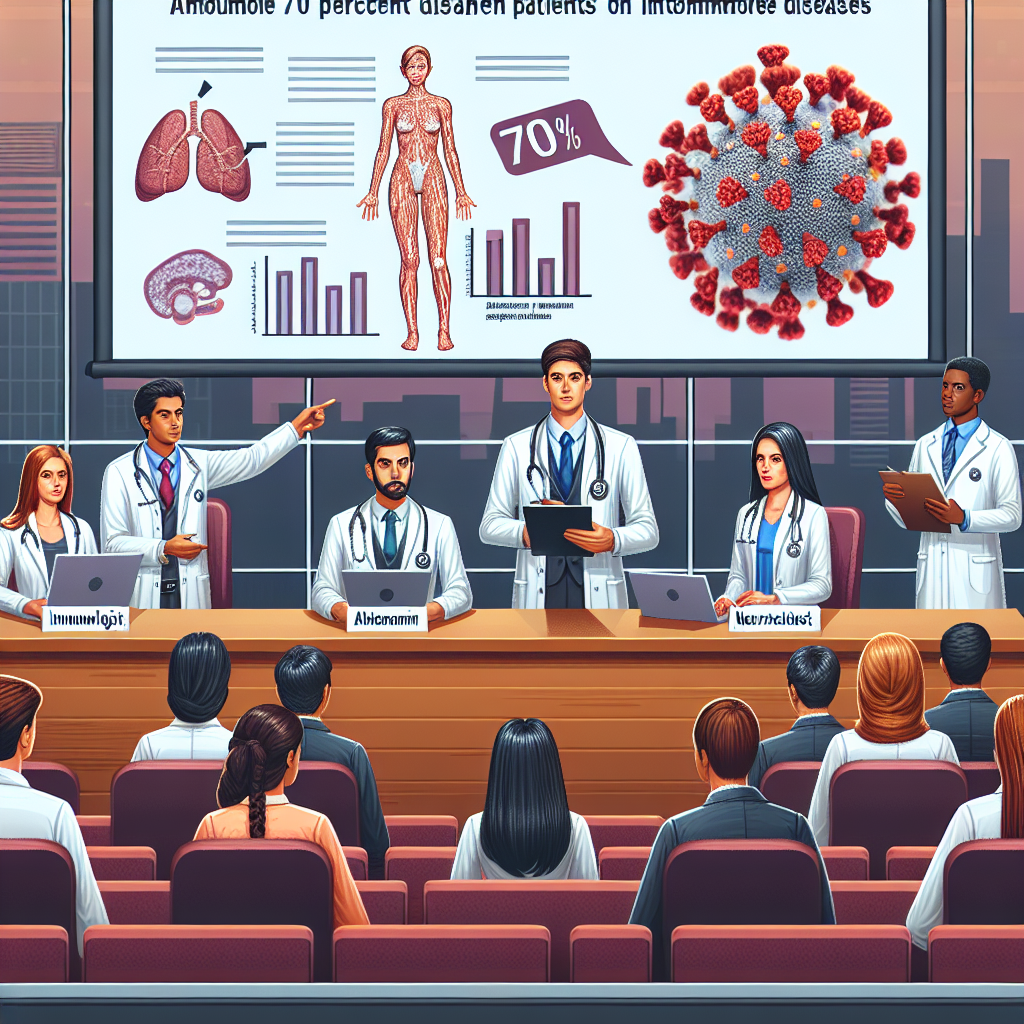Autoimmune Diseases: Insights from IRACON 2025 on Women's Health

Understanding Autoimmune Diseases in Women
The 40th Annual Conference of the Indian Rheumatology Association (IRACON 2025) brought to light crucial insights regarding autoimmune diseases and their prevalent impact on women's health. Recent observations made by doctors in India suggest a striking pattern: autoimmune diseases are significantly more common in women, particularly those aged 20 to 50. This demographic is often influenced by various hormonal and lifestyle factors, leading to an increased vulnerability to these debilitating conditions.
Key Factors Contributing to Autoimmune Diseases
Hormonal Influences: Hormonal fluctuations have been shown to impact immune responses, making women more susceptible to autoimmune disorders during their reproductive years.
Lifestyle Factors: Stress, diet, and physical activity levels play crucial roles in influencing autoimmune disease prevalence. Women in this age group may face unique lifestyle challenges that can exacerbate these conditions.
Increased Awareness: The growing prevalence of autoimmune diseases has led to increased awareness and better diagnostic practices, prompting more women to seek medical attention for symptoms they may have previously ignored.
Implications for Healthcare
The findings presented at IRACON 2025 highlight the need for:
Targeted Research: A focused approach to understanding the specific autoimmune diseases that predominantly affect women is essential. This could lead to better prevention and treatment strategies tailored to female patients.
Public Health Initiatives: Raising awareness about the signs and symptoms of autoimmune diseases can empower women to seek timely medical intervention, improving their quality of life.
Holistic Treatment Approaches: Integrating lifestyle modifications and tailored therapies can significantly enhance patient outcomes for women dealing with autoimmune diseases.
Conclusion
As the discussion surrounding autoimmune diseases continues to evolve, the findings from IRACON 2025 serve as a crucial reminder of the specific health challenges faced by women. By understanding these factors and promoting awareness, we can work towards a more informed and proactive healthcare approach.
